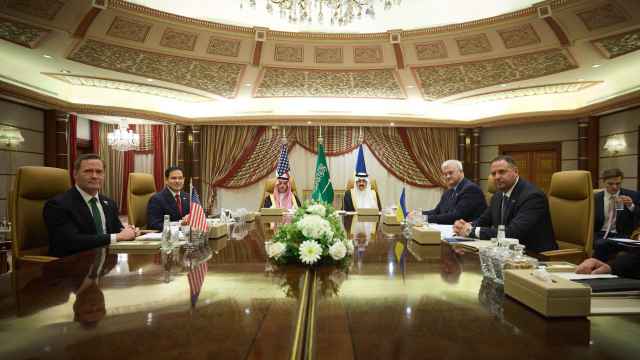
Asida Agrba
Associate
CMS, Russia
Under the Labor Code of the Russian Federation, a secondary job means being hired for other regularly paid work under a separate employment agreement for a period of time, free from one's primary job. Secondary employment agreements may be entered into with an unlimited number of employers. An employee may have a secondary job both at his/her primary place of employment and at any other organization.
First of all, it should be noted that the law does not prohibit foreigners from having secondary jobs. Indeed, under Article 13(1) of Federal Law No. 115-FZ, foreign citizens have the right to freely use their capabilities to work by choosing any type of occupation and profession, and to use their capabilities and assets for entrepreneurial or other economic activities that are not prohibited by law, subject to the limits set by federal law. The Labor Code also clarifies that the rules established by labor legislation and other acts that contain labor-law regulations also apply to labor relations with foreign citizens. Consequently, the rules that apply to Russian citizens also apply to employment agreements entered into by foreign citizens.
Foreign citizens must hold a work permit in order to have a primary job as well as a secondary job. However, both primary and secondary jobs require a separate work permit even if the employee will be working for the same employer. It is important to remember that having a secondary job with the same employer is only possible for a different profession or position (except for pedagogical employees). Taking into consideration that a work permit indicates a particular specialty, an employer will have to obtain a new work permit for his/her employee indicating his/her new position at the secondary job.
It is important to note that if a foreign citizen has a temporary residence permit in a certain region of Russia, he/she may work only in that region.
Often there are situations in practice where a foreigner who has received a temporary residence permit, say, for the Moscow region, has tried to find a job with a company in Moscow, which is prohibited by law. Therefore, an employer must check such information prior to hiring a foreign employee in order to avoid violating the legislative requirements. This is because lack of knowledge will not relieve an employer from liability for hiring a foreigner in violation of the law.
Secondary employment rules for foreign citizens holding visas are generally the same as for foreigners arriving on a visa-free basis, except for a single nuance related to a visa. Specifically, a foreigner may hold a visa from one employer only. Hence, an employee can end up having 2 work permits for each employer, but a visa may be received from only one employer. This matter is not regulated by the law; however, as clarified by the Federal Migration Service, a foreigner's visa must be processed by the employer with whom his/her primary employment agreement has been signed.
Consequently, in the event that, for example, the Federal Migration Service conducts an inspection at an employer's place of operation, and an employee has a secondary employment agreement with this employer, and the Federal Migration Service discovers that the employee's employment visa indicates a different entity from the inviting party, the employee is required to present a copy of his/her primary employment agreement to prove the legality of the visa from an employer while working with another employer.
It should also be noted that an employer is still required to notify state authorities when hiring a foreigner for a secondary job.
A Message from The Moscow Times:
Dear readers,
We are facing unprecedented challenges. Russia's Prosecutor General's Office has designated The Moscow Times as an "undesirable" organization, criminalizing our work and putting our staff at risk of prosecution. This follows our earlier unjust labeling as a "foreign agent."
These actions are direct attempts to silence independent journalism in Russia. The authorities claim our work "discredits the decisions of the Russian leadership." We see things differently: we strive to provide accurate, unbiased reporting on Russia.
We, the journalists of The Moscow Times, refuse to be silenced. But to continue our work, we need your help.
Your support, no matter how small, makes a world of difference. If you can, please support us monthly starting from just $2. It's quick to set up, and every contribution makes a significant impact.
By supporting The Moscow Times, you're defending open, independent journalism in the face of repression. Thank you for standing with us.
Remind me later.





